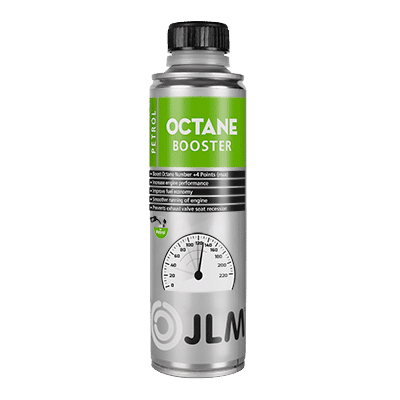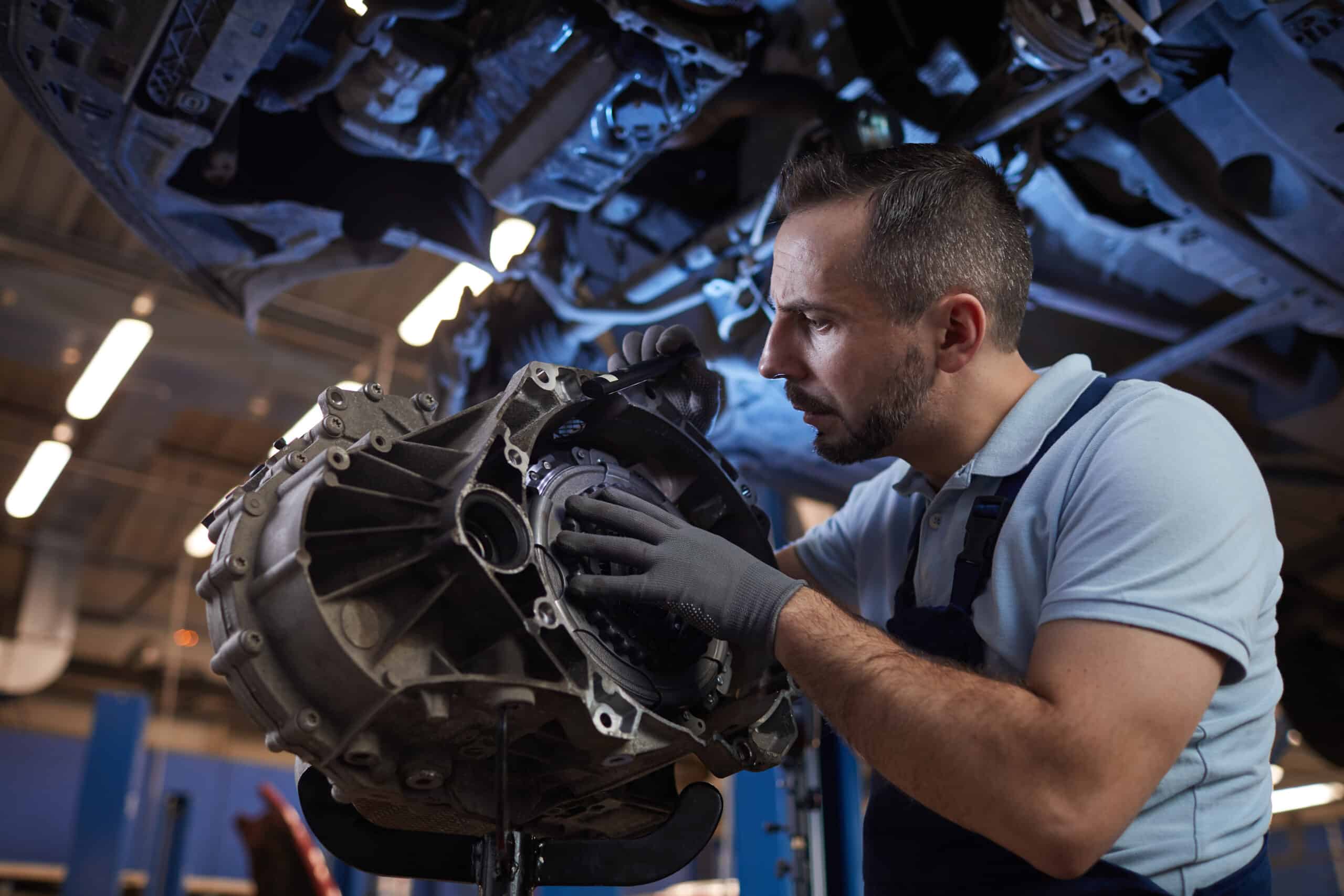JLM Petrol Octane Booster ensures, in an environmentally friendly way, that the octane number in the fuel can be raised
(boosted) by 2 to 4 points.
The number of points that an octane booster actually boosts the octane number is dependent on the quality and the octane number of the fuel itself. The fuel quality can differ per supplier, country and even region.
Petrol with an octane number of 95 can be boosted more easily than petrol with an octane number of 98. Laboratory tests show that the boost effect for an average fuel is approximately 3 points.
Thanks to the cleaning, cooling and lubricating properties, JLM Petrol Octane Booster improves engine performance and reduces fuel consumption. In addition, JLM Petrol Octane Booster ensures that the engine runs more smoothly and that the valve sealing surfaces and the valve seats are protected against excessive wear and valve impact.
Product information
Expensive engine damage
In this case, the mixture ignites while the piston is still compressing. The combustion already takes place while the piston is still going up, causing engine knock. At that moment, the piston force is excessively counteracted, as a result of which the temperature in the combustion chamber increases and expensive damage can occur to the engine components – like a hole in the piston.
Car manufacturers have been looking for chemical solutions to prevent engine knock since the creation of the combustion engine. In 1920, General Motors engineers discovered octane. Octane, or Oxynate, is a hydrocarbon, which is extracted from petroleum and reduces the chance of, or prevents, the tendency of fuel spontaneously igniting. By adding octane as an additive to petrol, the problem of engine knocking was solved.
Octane has been around for years in many different varieties. Basically, the additive consists of the organic compound methyl-tert-butyl-ether (MTBE), petrol, toluene or methyl benzene, ethyl benzene, xylene (BTEX), ethanol and lead. In addition to preventing engine knock, the components had a number of other advantages and provided extra cooling and lubrication as well as ensuring that the parts in the engine became contaminated less quickly.
JLM Octane Booster
Although certain components had additional positive properties such as cooling and lubrication, they are damaging to health and the environment, and they have been reduced or completely prohibited. The octane number is a reference value for the knock resistance of petrol. The higher the octane number, the more robust the petrol.
Along the way we see these numbers return in the forms of RON 95 and RON 98. RON 98 ensures better ignition quality and helps the fuel to ignite evenly and at the right time. Technological developments in the automotive industry allow petrol engines to run at ever lower octane numbers without causing any problems.
However, the cooling, lubricating and cleaning components have been much reduced or have even completely disappeared. In modern cars this is one of the reasons why, among other things, the fuel inlet system and the valves and valve seats of the engine get dirty quickly. For the engines of classic cars, but also more modern cars that are around 15 years old or more, a (too) low octane number can even be fatal.
Classic cars and young classic cars
Octane Booster by JLM with part number J03165 ensures, in an environmentally friendly way, that the octane number in the fuel can be raised (boosted) by 2 to 4 points.
The number of points that an octane booster actually boosts the octane number is dependent on the quality and the octane number of the fuel itself. The fuel quality can differ per supplier, country and even region.
Petrol with an octane number of 95 can be boosted more easily than petrol with an octane number of 98. Laboratory tests show that the boost effect for an average fuel is approximately 3 points.
Thanks to the cleaning, cooling and lubricating properties, JLM Octane Booster improves engine performance and reduces fuel consumption. In addition, JLM Octane Booster ensures that the engine runs more smoothly and that the valve sealing surfaces and the valve seats are protected against excessive wear and valve impact. One 250ml bottle of Octane Booster J03165 is sufficient to treat 40 to 60 litres of petrol.
JLM recommends adding the Octane Booster regularly and preferably every time the car is refuelled. The age of the car, the quality of the petrol and the country in which the car is driven will determine the lifespan of the engine.
Frequently
asked
questions
These are the most common questions we get.



